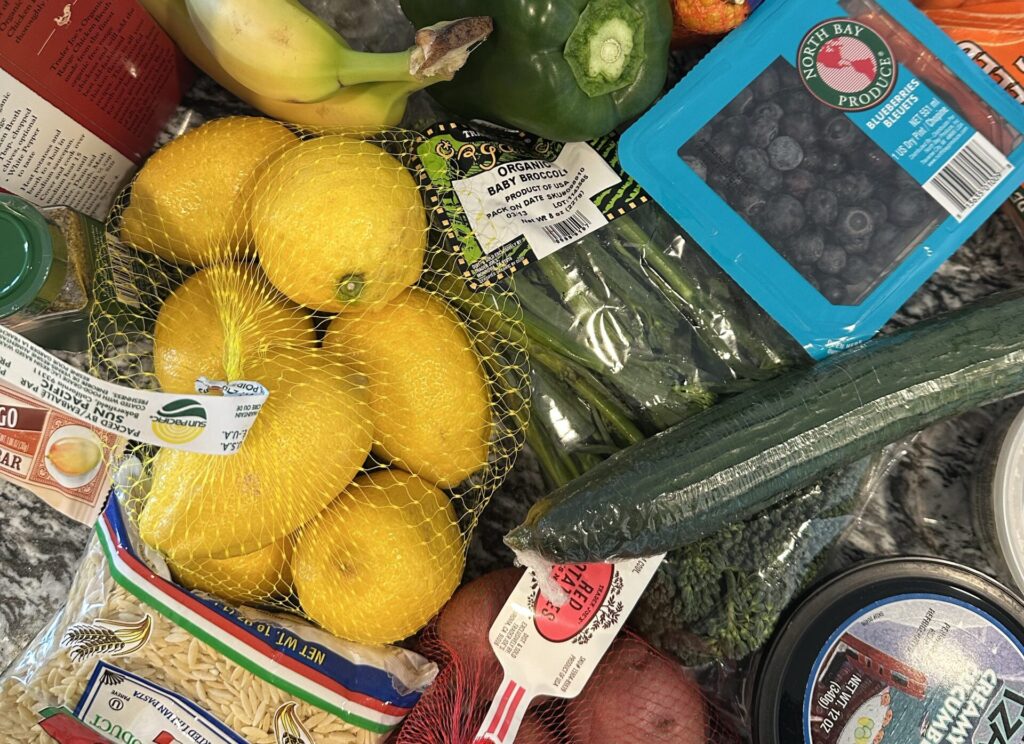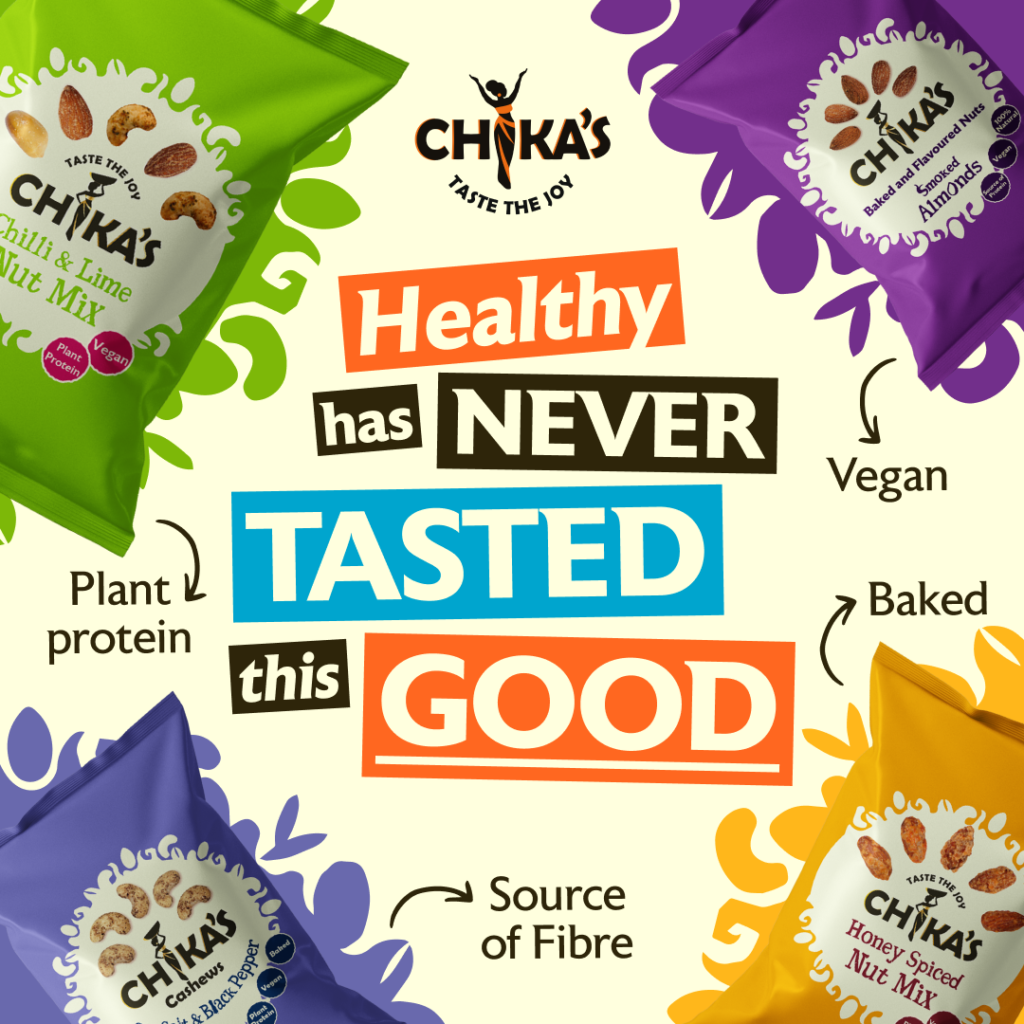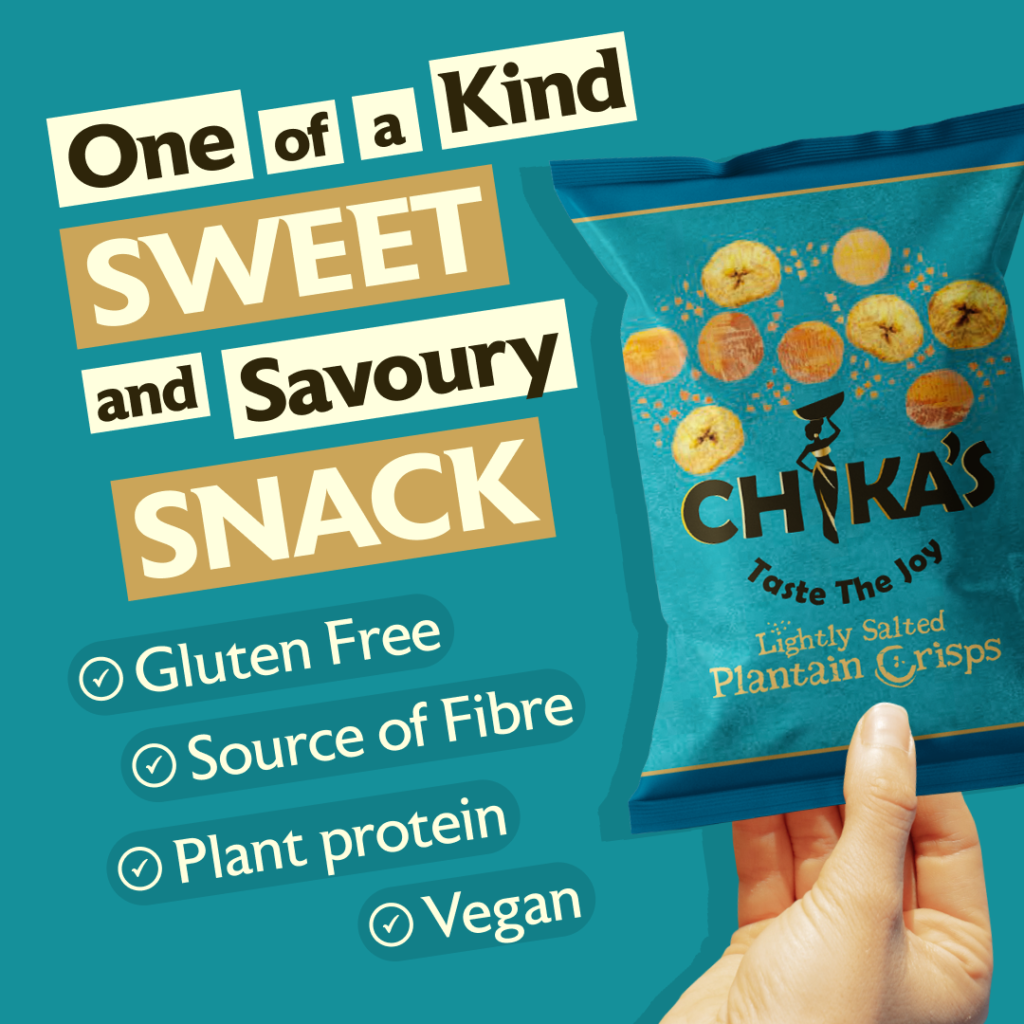The landscape of food consumption is rapidly evolving, with plant-based products taking centre stage. Direct-to-consumer (DTC) brands have a unique opportunity to capitalise on this current trend. This article explores the key plant-based trends dominating 2025 and offers actionable strategies for DTC brands to differentiate themselves and thrive in this dynamic market. Understanding these shifts is crucial for brands looking to stay ahead in the competitive world of plant-based food.
The Growth of Plant-Based Products 2025

Market Statistics and Projected Growth
The plant-based sector is experiencing exponential growth, and 2025 has proven to be a pivotal year. Market analyses show significant increases in consumer demand for plant-based meat and dairy alternatives. This surge is fueled by current awareness of health benefits, environmental concerns, and ethical considerations associated with traditional meat and dairy consumption. Current data shows that the plant-based product market continues to expand, offering substantial opportunities for innovative DTC brands.
Consumer Demographics Driving the Trend
The shift toward plant-based alternatives is being driven by a diverse range of consumer demographics. Millennials and Gen Z are particularly influential, currently seeking sustainable food products and embracing vegan diets. However, the appeal of plant-based options extends beyond these groups, currently attracting health-conscious individuals and those actively reducing their meat intake. Understanding these consumer preferences is essential for DTC brands currently aiming to tailor their marketing and product development efforts.
The Importance of Innovation in Plant-Based Products 2025
Innovation is paramount in the competitive plant-based food market. Consumers are no longer satisfied with basic tofu or tempeh options; they seek exciting flavours and textures that closely mimic traditional meat and dairy products. Plant-based innovation extends beyond mere substitutes, encompassing novel plant protein sources, enhanced nutritional profiles (such as increased fibre), and improved cooking experiences. DTC brands that prioritise innovation are poised to capture a larger share of the growing plant-based market.
Key Trends in Plant-Based Products 2025

Innovative Protein Alternatives: Pea, Soy, and Beyond
The quest for the perfect plant-based protein continues, driving innovation beyond traditional soy-based products. Pea protein has emerged as a popular alternative, but the industry is also exploring novel sources like fava bean, chickpea, and even algae-based proteins. These innovative plant ingredients not only cater to various dietary needs but also offer unique flavour profiles and textural possibilities. This will improve the plant-based alternatives that are available.
Vegan Snacks & On-the-Go Options: Health-Focused Choices
The demand for convenient and healthy vegan snacks is on the rise. Consumers are seeking plant-based options that fit seamlessly into their busy lifestyles, from protein bars packed with vegan protein to on-the-go meal replacements. Functional ingredients and health-focused formulations are key differentiators in this segment, appealing to those seeking both convenience and nutritional benefits. This is driven by plant-based trends 2025.
Meal Kits & Subscription Services: Convenience and Personaliaation
Meal kits and subscription services are transforming the way consumers access plant-based food. These services offer convenience, personalisation, and recurring revenue opportunities for DTC brands. By curating delicious vegan recipes and delivering fresh plant-based ingredients directly to consumers’ doors, brands can foster customer loyalty and promote the adoption of plant-based diets. These plant-based options are becoming increasingly popular.
Sustainability & Ethical Sourcing: Meeting Eco-Conscious Expectations
Sustainability and ethical sourcing are no longer optional; they are core values for many plant-based consumers. Brands that prioritise eco-friendly packaging, responsible farming practices, and fair labour standards resonate strongly with this demographic. Transparency and traceability throughout the supply chain are crucial for building trust and demonstrating a commitment to environmental and social responsibility. This includes responsible sourcing of plant ingredients.
Opportunities for Plant-Based Products 2025
Differentiation Through Branding and Story-Telling
In the competitive plant-based sector, differentiation is key. DTC brands can distinguish themselves by crafting compelling brand stories that resonate with consumers’ values. This includes highlighting the origins of plant-based ingredients, the brand’s commitment to sustainability, or the founder’s personal journey toward embracing a vegan diet. Unique packaging design, memorable brand names, and a clear articulation of the brand’s mission are also essential for standing out on crowded shelves in 2025.
Leveraging Influencer Marketing and Social Proof
Influencer marketing is a powerful tool for building trust and credibility in the plant-based market. Collaborating with vegan food bloggers, health and wellness advocates, and celebrity chefs can significantly boost brand awareness and drive consumer demand. Social proof, such as customer reviews, testimonials, and user-generated content, also plays a crucial role in influencing purchasing decisions. Showcasing positive experiences and building a strong online community can further enhance brand loyalty for the plant-based product.
Direct-to-Consumer Strategies for Engagement
DTC brands have the advantage of engaging directly with their consumers. This can be through personalised email marketing campaigns, exclusive online promotions, or interactive social media content. Creating a subscription model for vegan food or plant-based ingredients, like a plant-based protein powder, is also great. Gathering customer feedback and using it to inform product development and marketing strategies is essential for fostering long-term relationships. These direct channels allow brands to build a loyal following and adapt quickly to changing plant-based trends 2025.
Plant-Based Products 2025: Marketing Strategies That Convert


Utilising Social Media and Content Marketing
Social media and content marketing are vital for reaching plant-based consumers. Platforms like Instagram, Facebook, and TikTok are ideal for showcasing visually appealing vegan food photography and recipes. Educational blog posts, articles, and videos can help inform consumers about the nutritional benefits and environmental advantages of the plant-based diet. Sharing user-generated content and running interactive contests can also drive engagement and brand awareness about the plant-based alternatives.
Educating Consumers on Nutrition and Sustainability
Many consumers are interested in the health and environmental impacts of their food choices. DTC brands should therefore focus on educating consumers about the nutritional profile of plant-based ingredients, highlighting their benefits, such as high fibre content and lower saturated fat levels. Transparency regarding sustainable sourcing practices and eco-friendly packaging can also resonate strongly with environmentally conscious consumers. This creates a trust and increases the consumer demand for plant-based products 2025.
Collecting and Showcasing Customer Testimonials
Customer testimonials can significantly influence purchasing decisions. DTC brands should actively solicit reviews and testimonials from satisfied customers and prominently display them on their websites and social media channels. Video testimonials, featuring real people sharing their positive experiences with plant-based burgers or other plant-based food, are particularly impactful. Encouraging customers to share their own plant-based recipes and cooking tips can also foster a sense of community and build brand advocacy.
Conclusion
Recapping Opportunities for DTC Brands
Throughout 2025, the opportunities for DTC brands in the plant-based sector have been immense. By currently embracing innovation, understanding consumer demand, and leveraging effective marketing strategies, brands are capturing significant market share. From plant-based protein alternatives to vegan snacks and meal kits, there are currently numerous avenues for differentiation. The key is currently staying informed about the latest plant-based trends and adapting quickly to evolving consumer preferences for plant-based meat.
Scaling Plant-Based Products 2025
Scaling a DTC plant-based brand requires expertise in e-commerce, digital marketing, and supply chain management. Collaborating with experienced partners like Favoured can provide invaluable support and guidance. Our team can help you optimise your online presence, develop effective marketing campaigns, and streamline your operations. Together, we can unlock the full potential of your plant-based product and achieve sustainable growth in the years to come and beyond 2025. So get involved with the plant-based sector today!




























